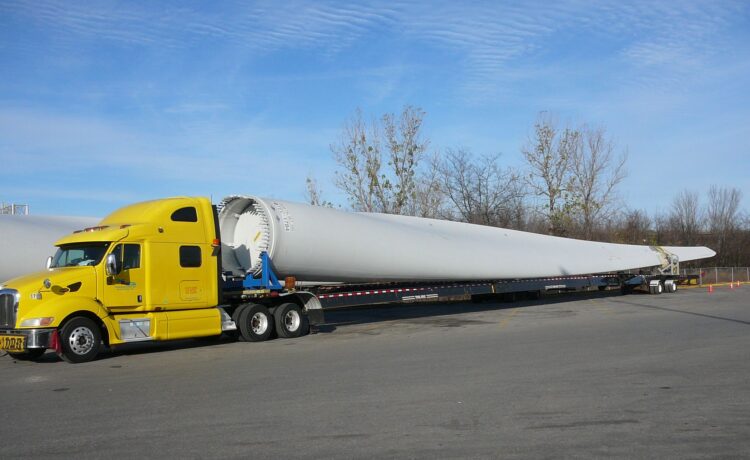You may have been told that you need an overweight permit if you drive a vehicle carrying a heavy or heavy load. However, this can be confusing. Why do you need a permit to hold an overweight load? How do you get it? What happens if you don’t have one? These are all excellent questions to ask yourself before transporting oversize or overweight loads. Let’s explore these topics and answer the question, “what are Overweight Permits?”
When do you need a permit?
There are a couple of reasons why you may need Overweight Permits.
- You’re transporting an oversized load, like a piece of heavy machinery, that is too big for your vehicle.
- Your load is too heavy for your vehicle.
- Your load is too wide for your vehicle.
- Your load is too long for your vehicle.
To legally haul oversize or overweight loads.
To legally haul oversize or overweight loads, you must have a permit. To obtain a permit, you will need to know the dimensions of your load and vehicle and the route you plan to travel. A permit can only be issued for a specific vehicle and load combination type.
You may not use any roads not listed on your permit unless under particular conditions. For example, suppose you are traveling through another state but do not want to traverse its highways due to its poor condition. In that case, alternative routes may allow you access without being approved beforehand by the state’s transportation department.
In this case, it would be necessary for someone at that governmental entity to oversee permits before transporting materials through those areas where they might otherwise not usually allow passage. It will require both prior authorizations from appropriate officials within said jurisdiction and documentation regarding such approvals being validly obtained through legitimate channels.
You can get an overweight permit from your state.
If you are driving through other states or are based in one state and living in another, you can get an overweight permit from any of the following:
- The state where you are based- This is where it’s easiest to get a permit because they know where your truck is located and how often it travels through their state. This information helps them determine how many extra miles the truck will travel on their roads each year.
- The state where you’re traveling through- Suppose your company has trucks that travel between two different states regularly. In that case, it might be easier for them to get permits from both locations instead of maintaining two separate sets of paperwork for each vehicle.
- A central office such as the Department of Transportation (DOT)- Some states have DOT offices that issue Overweight Permits regardless of whether a trucker lives in those areas. However, this can be challenging for large companies with multiple trucks that may need more than one license plate at any time.
Conclusion
If you want to carry an oversized load, such as a piece of equipment or construction materials, you need to apply for an overweight permit. This will allow you to legally travel on certain roads with your load and not get fined. The application process can be time-consuming and confusing, but it will be much easier for future trips once you complete this step. You can also take the help of a professional to get your permits issued.









